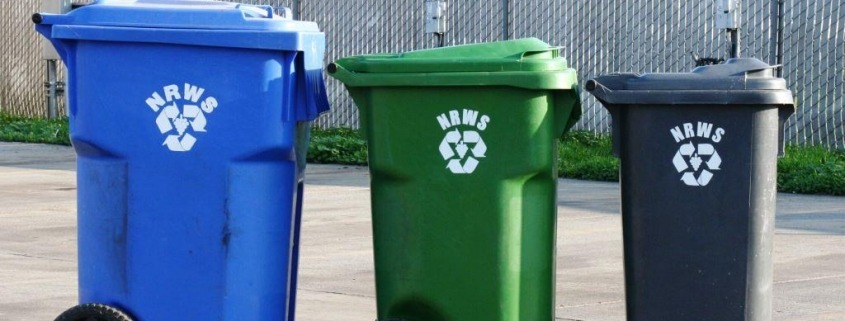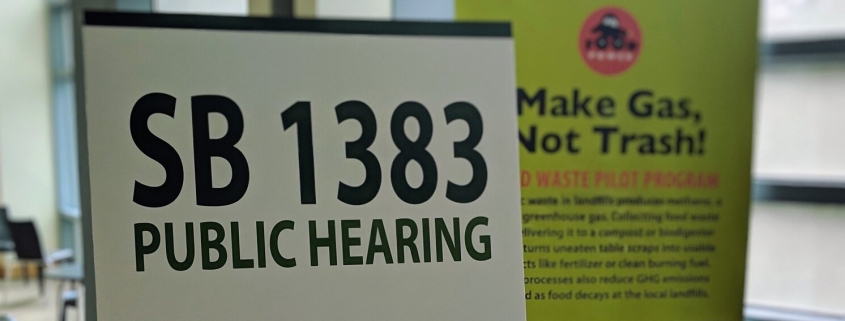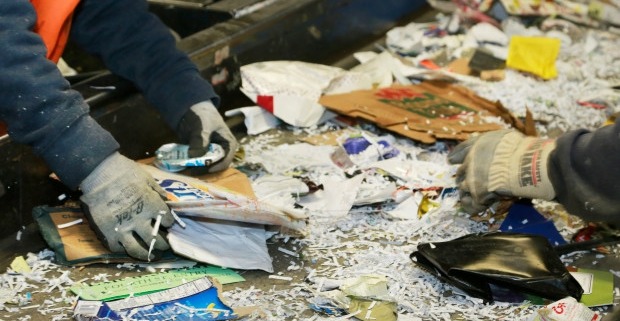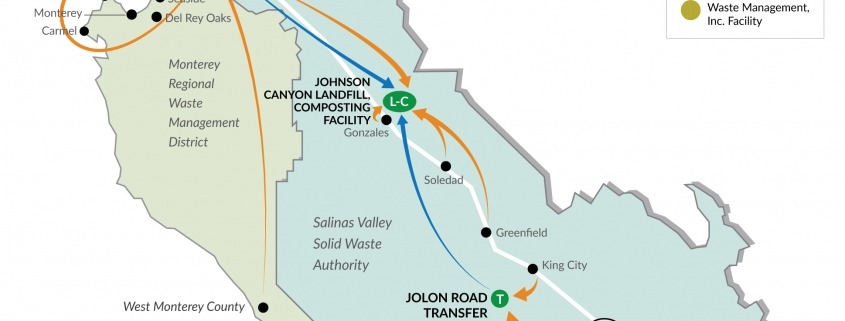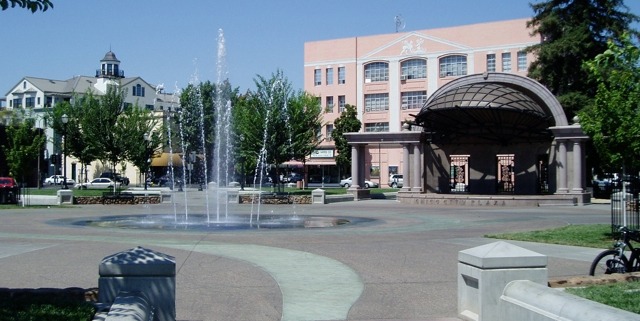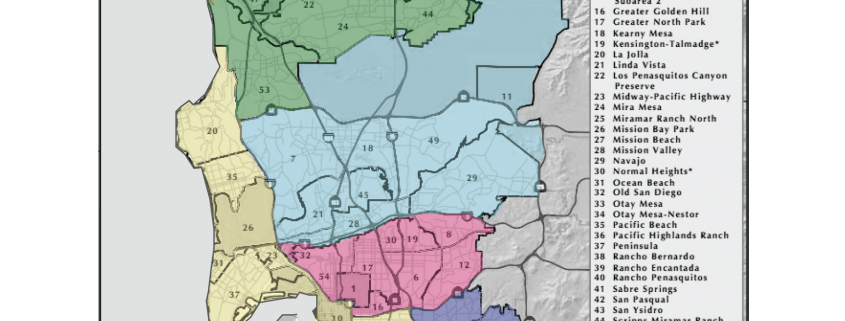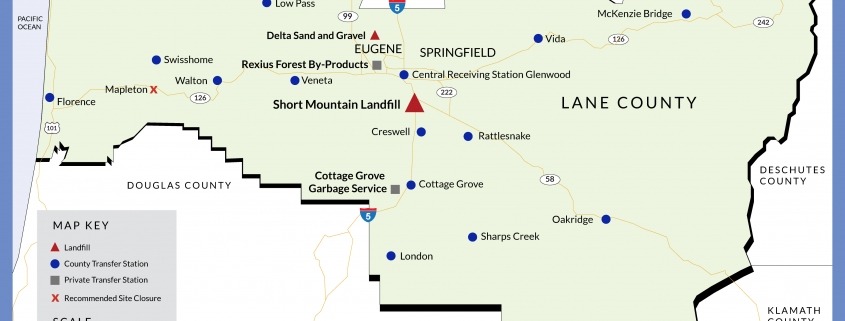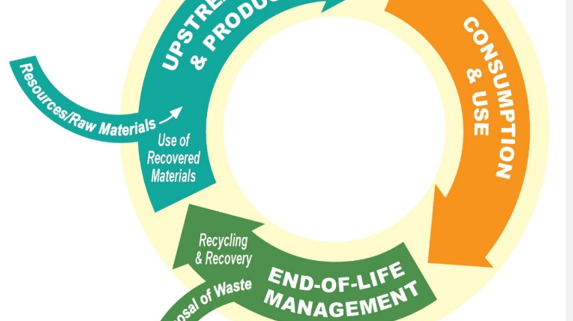In 2014, R3 developed a franchise system of solid waste collection for the City of Chico (City) to replace the City’s existing open-market permit system. Under the existing system, solid waste subscription was not mandatory, commercial and multi-family dwelling (MFD) rates were unregulated, and the City provided many services generally provided for free by a hauler under an exclusive franchise agreement. For this engagement, R3 developed and helped implement an improved solid waste collection system that fulfilled the City’s environmental goals and complied with State regulations, including AB 939, AB 341, and AB 1826.
Through R3’s facilitation, the City entered into negotiations for a new franchised collection system with its two permitted haulers, North Valley Waste Management (WM) and Recology Butte Colusa Counties (Recology), with the franchising costs fully reimbursed by the haulers. R3 worked extensively with the City and its permitted haulers to develop and analyze future franchising options, including documenting the existing conditions of the City’s solid waste system, developing key terms and conditions of potential franchise agreements, and establishing operational zones and requirements for the new collection system.
R3 proposed a solid waste collection system with three collection franchise contracts: two exclusive Commercial/Multi-family service zones operated by Recology and WM, and one exclusive City-wide Residential service zone operated by WM. R3 assisted the City in the implementation of the new system, including developing deal points for the City and haulers, developing draft agreement language, negotiating the final agreements, and revising the City’s municipal code.
After successful negotiations, the new agreement went into effect in October 2017. Benefits included a 10% Franchise Fee, operation of previously City-provided services, and clearly defined diversion, service, and equipment requirements.
Project Description:
At the time of this engagement, the City’s solid waste collection was regulated through an open-market permit system, with unrestricted permits issued to North Valley Waste Management (WM) and Recology Butte Colusa Counties (Recology) to serve both residential and commercial accounts in the City. Both permits were set to expire on June 30th, 2019.

